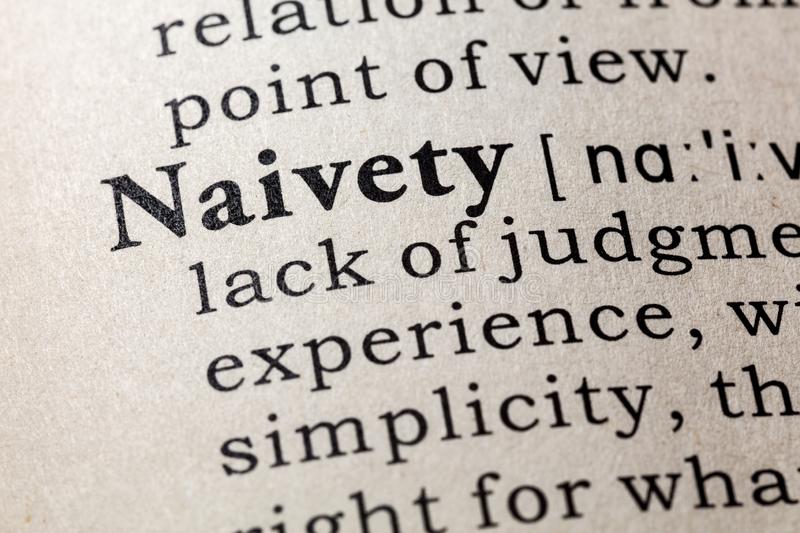|
Culture is a term that is often used in the context of organizations and workplaces. It's often described as the shared values, beliefs, and behaviors that define an organization and guide how people interact with each other. However, at its core, culture is simply defined as "who you become when you enter the workplace."
As an HR professional, it's important to understand the impact that culture can have on your organization. A positive and supportive culture can lead to increased productivity, engagement, and retention of employees. Conversely, a negative or toxic culture can lead to decreased morale, turnover, and even legal issues. HR plays a crucial role in supporting and fostering a positive culture within an organization. Here are some ways HR can do so:
In conclusion, culture is an integral part of any organization, and HR plays a critical role in supporting and fostering a positive culture. By defining and communicating the desired culture, hiring for cultural fit, providing ongoing training and development, recognizing and rewarding positive behavior, and addressing toxic behavior, HR can help ensure that the workplace is a supportive and productive environment for all employees.
0 Comments
Naivety is an often-misunderstood term. Many people equate it with ignorance or unrealistic expectations. However, in an upcoming interview on the Rebel Human Resources podcast, author Josh Berry explained why naivety is an important and powerful tool in our toolbox.
Berry explained that the root of the word "naive" comes from the Latin "nativus," which means "native" or "natural." It originally referred to someone who was "natural" or "unspoiled" by civilization. However, the word's meaning has changed over time due to colonialism and the idea of "civilizing" other cultures. Berry argues that we should return to the original meaning of the word and embrace naivety as a way of approaching problems with fresh eyes. Berry's research suggests that naivety is a powerful tool in the world of human resources and leadership. So much of the work in these fields is not explained through rational thought, but rather by taking things as they come, being open-minded, and starting from a point of trying to understand what's going on. Naivety can help leaders and HR professionals approach problems with a beginner's mindset, which can lead to innovative solutions and new perspectives. I would also suggest that the idea of "best practices" is often BS because every organization and every person is so drastically different. Instead of trying to find a one-size-fits-all solution, leaders should embrace naivety and ask themselves what their assumptions of human behavior are. They should write policies for the 95% of people who won't abuse the system, not the 5% who will. Ultimately, embracing naivety is about shifting the way we think about things. Instead of blindly following the way things have always been done, we should question the root of our processes and policies. Why do we have a 40-hour workweek? Do we need it? Does it have to be Monday through Friday? By asking these questions and embracing naivety, we can break out of the status quo and find new and better ways of doing things. In conclusion, naivety is an important tool for leaders and HR professionals to embrace. It can help us approach problems with fresh eyes and a beginner's mindset, leading to innovative solutions and new perspectives. Instead of blindly following best practices, we should question the root of our processes and policies and embrace change. By doing so, we can break out of the status quo and find new and better ways of doing things. In the dynamic realm of Human Resources, where the well-being of employees is at the forefront, it is crucial to recognize the significant impact of mental health. Just as music has the power to evoke emotions and create a sense of unity, HR professionals play a pivotal role in fostering a harmonious work environment. In this blog post, we will explore the intersection of mental health and HR, delving into the importance of organizational culture, authenticity, and the need for self-care in this field.
Here is a link to a recent webinar highlighting this topic. Check it out! In today's fast-paced world, it's easy to lose sight of the importance of human connection. With the rise of remote work and digital communication, we're more connected than ever before, but often feel more disconnected than ever. Kyle Roed, on a recent podcast, shared his personal experience of seeing the power of healthy relationships in the lives of those who live longest. He also discussed how the lack of authentic connection in the workplace is a major challenge for organizations today.
Many organizations are now focused on creating a thriving culture that fosters connection among employees. But where do you start? According to Kyle, it's important to create intentional opportunities for connection. This means carving out time in the workday for team members to connect with each other, building trust through vulnerability, and creating a sense of belonging. Here are a few ways to do this:
In conclusion, creating authentic connections in the workplace is crucial for building a thriving culture and improving employee well-being. By fostering a culture of trust, making time for connection, and encouraging belonging, leaders can create an environment where team members feel valued, supported, and connected.
In this performance from December 2022's Disrupt HR, Kyle Roed draws an interesting parallel between HR and music. Just like how musicians evoke emotions through their music, HR professionals also evoke emotions through their actions. The question is, what kind of emotion are you evoking?
Roed suggests that HR professionals need to find their genre, just like how musicians need to find theirs. Just as there are only a few chords needed to play most popular music, there are only a few key areas in HR, such as managing performance, building culture, engagement, inclusion, people analytics, and driving business results through others. The difference is how these areas are played out, just like how the chords are played differently in different genres of music. It's also important for HR professionals to find their bandmates, or the right people to work with. Just like how drummers are the hardest to find in a band, finding the right people to work with in HR can be a challenge. But once you find your band, you need to learn how to deal with stage fright and perform authentically. You can't fake it, or you'll eventually burn out. Roed emphasizes the importance of being true to yourself and playing your own music. Just as how playing the wrong genre can lead to the Sunday scaries, playing the wrong HR genre can lead to a reputation issue. You need to find the genre that works for you and be true to yourself, even when it hurts. Finally, Roed encourages HR professionals to close out on a badass power chord, leaving a lasting mark. If you want to make a difference in HR, you need to be your authentic self and evoke the right emotions. By finding your genre and playing your own music, you can make a lasting impact in the world of HR. In conclusion, HR professionals need to find their genre and play their own music. Just as how musicians evoke emotions through their music, HR professionals evoke emotions through their actions. By being authentic and true to themselves, they can make a lasting impact in the world of HR. So, find your genre, find your bandmates, and close out on a badass power chord. Rebel on, HR rebels! In this podcast episode, Kyle Roed draws an interesting parallel between HR and music. Just like how musicians evoke emotions through their music, HR professionals also evoke emotions through their actions. The question is, what kind of emotion are you evoking? Roed suggests that HR professionals need to find their genre, just like how musicians need to find theirs. Just as there are only a few chords needed to play most popular music, there are only a few key areas in HR, such as managing performance, building culture, engagement, inclusion, people analytics, and driving business results through others. The difference is how these areas are played out, just like how the chords are played differently in different genres of music. It's also important for HR professionals to find their bandmates, or the right people to work with. Just like how drummers are the hardest to find in a band, finding the right people to work with in HR can be a challenge. But once you find your band, you need to learn how to deal with stage fright and perform authentically. You can't fake it, or you'll eventually burn out. Roed emphasizes the importance of being true to yourself and playing your own music. Just as how playing the wrong genre can lead to the Sunday scaries, playing the wrong HR genre can lead to a reputation issue. You need to find the genre that works for you and be true to yourself, even when it hurts. Finally, Roed encourages HR professionals to close out on a badass power chord, leaving a lasting mark. If you want to make a difference in HR, you need to be your authentic self and evoke the right emotions. By finding your genre and playing your own music, you can make a lasting impact in the world of HR. In conclusion, HR professionals need to find their genre and play their own music. Just as how musicians evoke emotions through their music, HR professionals evoke emotions through their actions. By being authentic and true to themselves, they can make a lasting impact in the world of HR. So, find your genre, find your bandmates, and close out on a badass power chord. Rebel on, HR rebels! |
About The BlogAre you tired of the same old boring advice about how to succeed in your career? Do you feel like you're stuck in a rut and can't seem to break free? If so, then you need to check out our blog! Our blog is all about thinking differently when it comes to the world of work. We don't just regurgitate tired old advice - we bring you fresh insights from our own careers and from interviews with experts on our podcast, Rebel HR. So if you're ready to shake things up and start approaching your career in a new way, then our blog is a must-read. Don't settle for mediocrity - join us and let's revolutionize the world of work together! Archives
October 2023
Categories
All
|



 RSS Feed
RSS Feed
